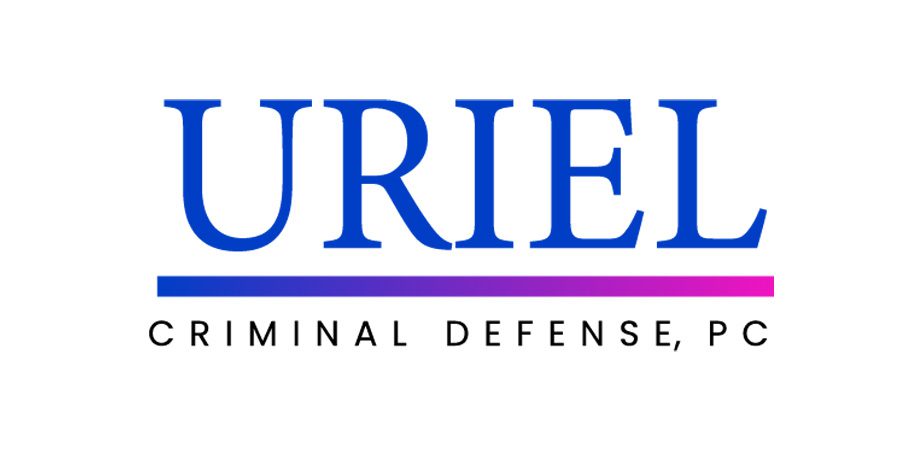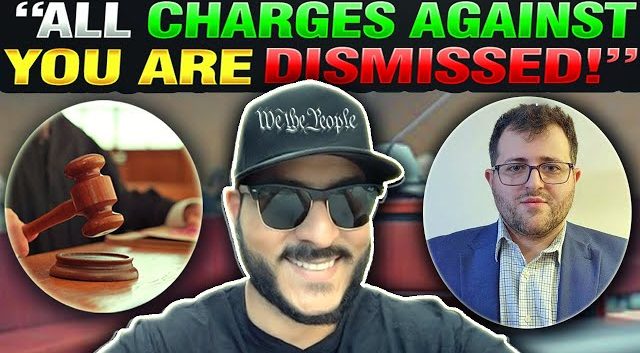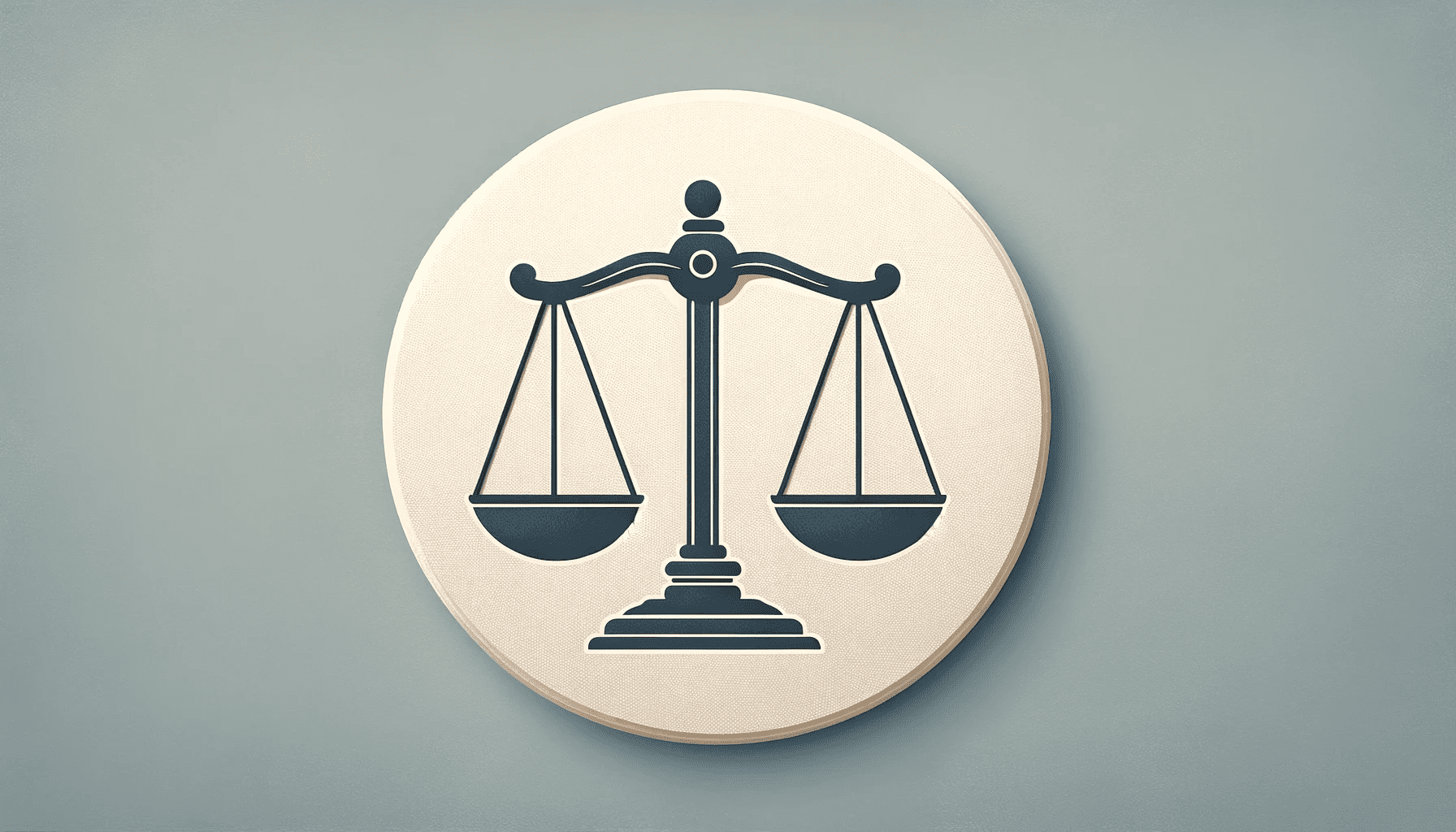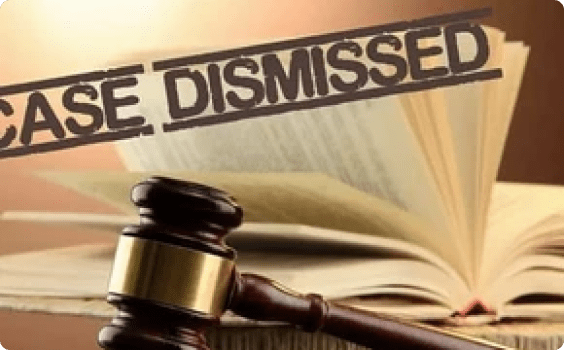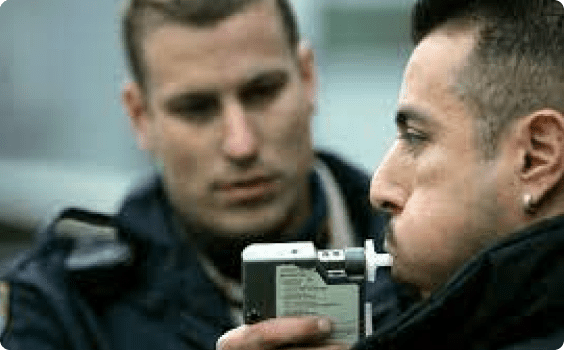
Everyone has something to celebrate on New Year's Eve - this year is finally over. As we have all learned during these past few years, there are many ways a seemingly normal year will turn into a one we all wish we could forget (2001-2022 come to mind). So, let's start 2023 off on the right foot by using designated drivers, taking public transport, and avoiding getting arrested overall.
Some of you will listen to that free wisdom. The rest of you should read on. Here are your will tell you that your best chance to avoid a conviction is to take these steps. (some of these steps work outside of New York City, but some don't).
1. Do not blow into any portable breath test.
Police use the portable tests to establish probable cause to arrest you. If the officer did not suspect you of being drunk, he or she would not be offering you a portable test. The point of this test is to objectively confirm the officer's suspicion. If you blow anything above a .05 (that is not a typo), you will probably be arrested for DUI. Unless you are involved in a serious crash, drivers are not legally required to take this test and you cannot be suspended for refusing to take a portable test.
2. Do not take the standard field sobriety tests (SFSTs).
It is true that the SFSTs, which the NYPD often only administers at the precinct after you have already been arrested, could prove that you are perfectly coordinated. In actuality, they often just make the DA's case a lot easier. That is why most insiders who find themselves on the wrong side of the law decline. Remember, alcohol makes you "nice," so think hard before you trust your gut feeling - you probably don't look as sober as you think. Besides, only a part of the test is your actual coordination; your ability to follow instructions is just as important and a very hard task if you have been drinking . There are several common field sobriety tests that the officer may offer you, and you should politely decline all of them.
There is one particular test that I would like to bring to your attention - the "follow my pen" trick. It is officially called a "horizontal gaze nystagmus" (HGN) test and it looks for involuntary jerking of your eyes, which is a common side-effect of being drunk. Many cops think of the HGN test as the "gold standard" in sobriety testing because of the strong correlation between failing the test and being drunk. If you take the HGN test, the arresting office will explain how well the test works and how badly you failed to the jury at your trial.
There is no penalty for refusing any of the field sobriety tests. Your license will not be suspended for refusing these tests - so why take them? The cop who arrested you probably wouldn't if your roles were reversed.
3. Do not answer any questions besides your
name, contact info, and date of birth.
At some point the arresting officer will read you your Miranda Rights and try to ask you a bunch of questions . The funny thing about Miranda Rights is that they work a lot like condoms; they only protect you if you actually use them. Refuse to answer questions. But why shouldn't you talk? Isn't this your chance to set the record straight and spin the facts in your favor? Besides, aren't these questions harmless? No. There is a reason you are warned that anything you say can and will be used against you. Unless a police officer is literally trying to talk you off a ledge, they are not your therapist - they would not bother asking if they did not think it would help their case against you.
When the cops ask you questions, just remember: STFU
(Start Talking, Freedom Unlikely).
BONUS LAWYER INSIDER TIP:
Don't even think of taking the official breath test before you try and call a lawyer.
Think long and hard before taking the Intoxilyzer 9000, giving urine, or blood for testing. They will threaten you by telling you that your license will be revoked if you refuse to blow. That is true, but it's going to be suspended or revoked anyway if you blow above a .08. They will tell you that your refusal could be used against you at trial. This is typically also true, but you'd better believe if you take and fail the test they are going to use that against you just the same. And while there are penalties for refusal, unless you were involved in a very serious or fatal accident, they are not allowed to get a warrant to force you to give blood. At the police station, you can call a lawyer before you decide if you will blow. This is called the qualified right to counsel. Here is how it works. First, the police do not have to tell you that you have this right, you have to ask. Second, you cannot unreasonably delay the test, so it helps to know a lawyer's number by heart. Some lawyers, like Uriel Criminal Defense PC have easy to remember numbers. Ours is 833-73-FIGHT (833-733-4448), you know, just in case.
No matter what your plans are, be safe. Don't drink and drive.
